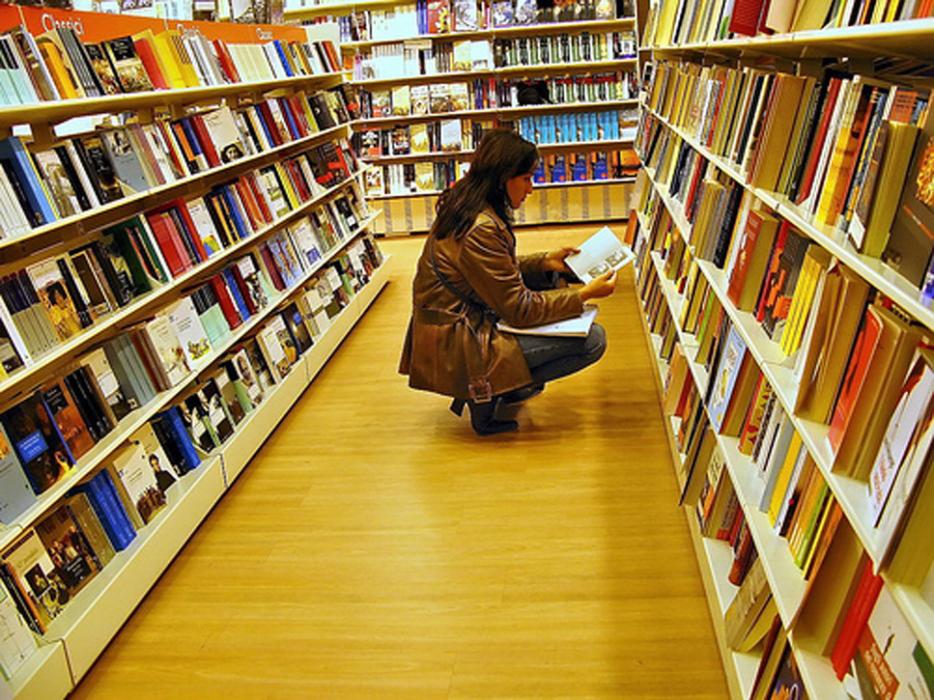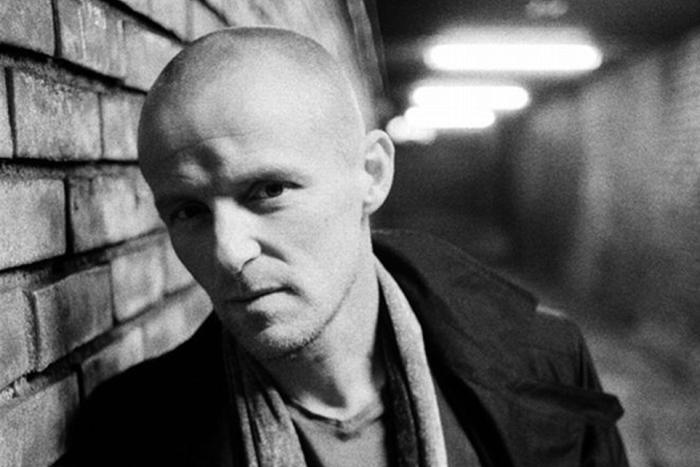With Old Man Winter breathing down our necks, and the first strains of Christmas Muzak filtering in through tinny supermarket speakers, the end of the year is suddenly on my mind. Which means I’m already dreading the Best Books of 2012 lists. I can’t help it; I hate them, and they’re already starting to trickle in, one useless slide show after the other.
“Best” is just such a loose and facile qualifier to apply to the contents of a calendar year, even if this one has has been chock full of new releases from veritable heavy hitters. Steven Heighton, Michael Chabon, Zadie Smith, Linda Spalding, Alice Munro, Junot Diaz, Hilary Mantel, Chris Ware, Annabel Lyon, Salman Rushdie, and Paul Auster all had new books this year—even David Foster Wallace managed to publish something posthumously (again). Which of these are better than the others, and why? Tell me in a hundred words or less. And those are just the already cannonically safe bets.
Lists, as I’m sure you’re well aware, are a perniciously lazy form of cultural criticism for anything more engaging than a few dozen random photos of adorable mammals. More to the point, Top 10s and Best ofs don’t really do anything for anyone. Readers aren’t really given any real incentive to consider a book as an element of the year in which it emerged, let alone as an element of literary culture writ large—you just can’t fit that kind of context into the inch of writing that accompanies a high res jpeg of any given book cover. These exercises act more as marketing than conversation, as if to say, “I made you a shopping list rather than bothering to put in the effort of really thinking. You’re welcome.”
Much better to look back on a year in publishing without the idea of “Best” getting in the way. What happened this year? Which ideas preoccupied our minds, were common across a few of the year’s offerings? Why did Anakana Schofield’s Malarky seem so much stranger than Linda Spalding’s equally excellent The Purchase? Both tell stories about rural isolated families, about the delusions of faith, and feature characters coming undone in the face of deep grief, of pain. Wouldn’t a year-end wrap up be the perfect venue to place these books in conversation? Where do they sit in a literary culture that spans more than the previous twelve months?
The point of the “Best of” list, I suppose, is to provide a route for talking around rather than about books. They function as a hastily devised shorthand that fits into the unending glut of things composed to fill a space that is so soon to be forgotten. We should hope for so much more from a year’s worth of reading.
--
Photo by bass_nroll





